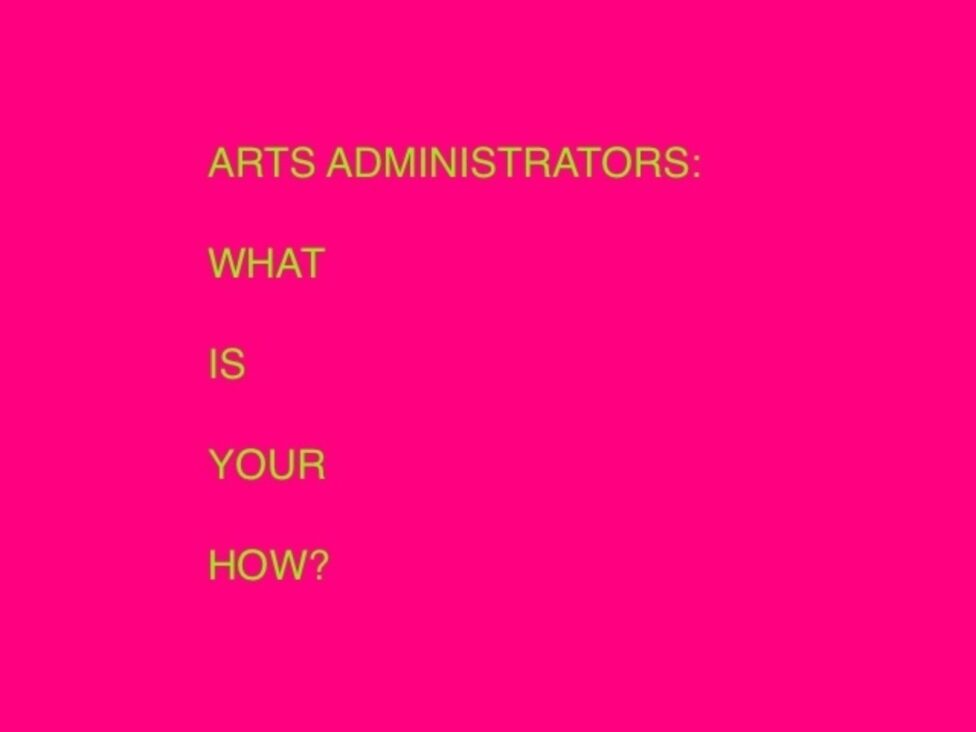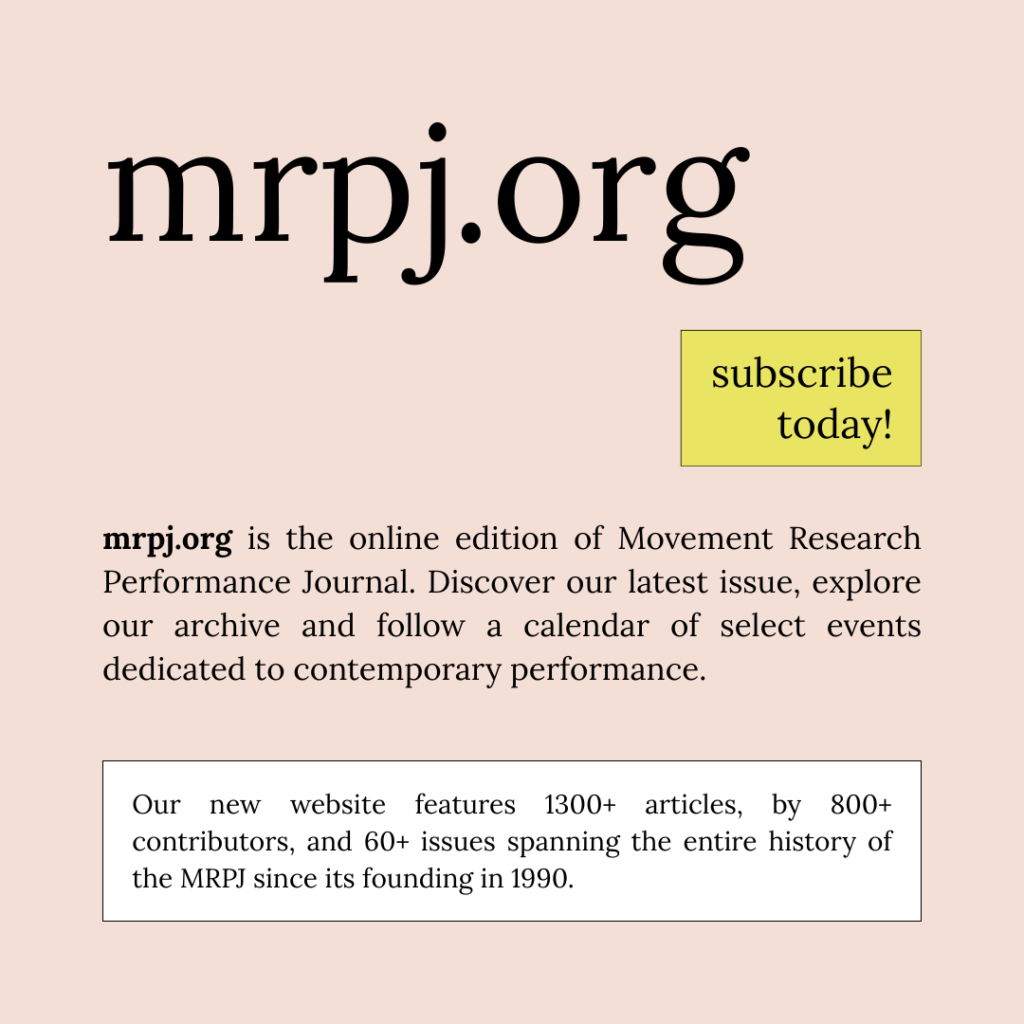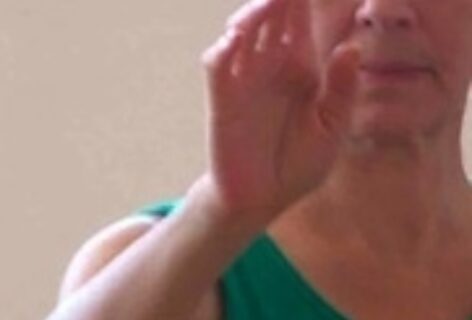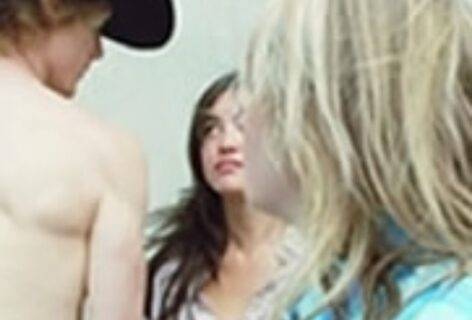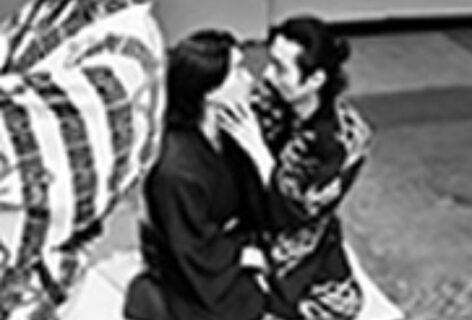How do you activate change within your organization on a personal level?
Change is a constant part of my professional work. I/we can hardly plan strategically due to the fact that we live in a society that is not stable which constantly produces political, economic and social instability. Because of this, we are made to become people who are always on alert to address an issue that might come up, we’re constantly shifting, adjusting and changing. Nothing is constant here, everything is liquid and in flux. One can probably say this is true everywhere, but here, I’m talking about the extreme of constant changes, for everyone, and the changes are mostly negative. To work in an organization in the civil sector, or independent sector, especially in the arts and culture (specifically the contemporary arts) you have to be a person who is “wild for change” (to be a bit sarcastic) or (in nice words), you need to be open to change. You have to produce tactics, and you have to be very open to merge them with diverse ideas, stories, wishes, demands, frustrations, beliefs, disbelieves. With all of this action, you end up producing “togetherness”, a place from where the organization can depart from. Personally, I believe that organizational “togetherness” should be enacted through collaborations with other organizations with whom you can multiply the voice and the values you represent. With this power together, we would critically address socio-political issues that affect the arts and the developments in the cultural field.
How do you activate change on an organizational level?
An arts organization is a body from where materiality and criticality is reflected and addressed. The organization has to relate to the public context through which it articulates ideas and wishes. I don’t believe that an organization can stand in a neutral position where it simply operates for the public without considering what is happening to the public. The political party in power, has (for years) oppressed our freedom of speech, critical thinking, and diversity of opinions. This spread to arts institutions and some organizations and cultural operators positioned themselves as neutral, or those who wouldn’t like to be “in politics”, but they would like to “just do their job” and make art. To me this is nonsense, because how can you ignore, neglect or have neutral politics as a person or an organization? This politically implicit censorship results in a system that continuously and deliberately won’t support your free will, so you can’t live/act at your full capacity within the public cultural sphere. Arts and cultural organizations must critically respond to socio-political decisions that exclude, oppress or neglect diversity; cultural organizations should transform the system through their actions.
For example, in the past years Lokomotiva― an arts organization invested in the development of contemporary dance― represents artists, cultural workers, festivals, labs, research, residences, productions, short and long-term collaborations, discursive programs, etc., has suffered from exclusionary politics and clientelism imposed by the public authorities in the city of Skopje, by the Ministry of Culture, and by granting space to other institutions whose values are less “threatening”. These factors and no financial support― or as I call it “implicit censorship”― have caused artists to leave the country, they’ve stopped making work, our festivals no longer exist, and curatorial/programming platforms have resulted in not having work to present; our field has started to shrink― to disappear. Despite this reactive motion, Lokomotiva continues working through many obstacles and difficulties and is sustaining its activity through collaboration, partnerships and the support of organizations from other European regions, or international organizations that share similar values and missions. These partnerships create resources, produce knowledge and help raise our voice against the government’s exclusionary policies that influence our working conditions.
Lokomotiva started to “re-choreograph” its activities, and to work on acknowledging the past by producing archives and by reshaping its programs. Lokomotiva started― or risked to run― a space for contemporary performing arts with basic working conditions. These efforts are directly related to the preservation of past work and the labor that enables conditions for the production of new work that isn’t financially supported by public authorities. At Lokomotiva, we developed activities through which we could gain advocacy and we took part in the actions of the other activist’s organizations. We collectively started generating a space and we activated ourselves as antipodes of the establishment; a space where socio-cultural-populism-as-reality has been critically enlisted.
How has this thought changed for you through time?
My instinct to stay awake and alert is constant. I’ve dealt with different emotions during the past years of working in very difficult conditions, such as the fear of loss, instability, existence… I know it might sound cliché, but that is fine― I’ve learned how to transform, transcend, and survive, and I’ve learned that I have a voice and that I have to be loud.
Where are you with it right now?
Right now Lokomotiva co-runs a space called Kino Kultura for contemporary performing arts and culture. We take care of the working, production, and research conditions for our artists and activists. We invest in networking with activist, youth and other civil society organizations, and together we are making the contemporary arts and culture more visible and accessible to the general public. At Kino Kultura, we are also working on the development of our model― how do we govern this specific space? We’re preparing a conference where we will open with the question: What kind of arts and culture spaces or institutions do we need today? I also try to work on tactics of curation within the context of socio-political and economic crises, and sustainable programming. We formed the program, Platform(a), to generate a wider scope of awareness in the contemporary performing arts. In Platform(a), we co-curate with individuals and partners (locally and internationally). I worked with one colleague Ivana Vaseva, visual arts curator, on a game/presentation: How to make a festival with 100 and 1.000.000 euros, in order to exchange the possible curating visions with colleagues in different contexts. With Vaseva and Rok Vevar, as dramaturge, we developed a presentation called, How my life turned into a cultural worker― based on the research of the working conditions of cultural workers in Macedonia. In the past ten years I’ve been involved with the Nomad Dance Academy, a collaborative platform for contemporary dance in the Region (of ex-Yugoslavia and Bulgaria) where we develop various activities. We’ve archived contemporary dance practices in the region, and have developed educational, research, and advocacy programs. This platform and network of diverse and brilliant individuals keeps me alive, this is the space where I generate inspiration, where I can think, have a dialogue, reform, transform and be visible.
How are you thinking about it for the future?
I’m thinking of a future full of diverse possibilities. Possibilities to plan, develop and run programs in a more socially and culturally aware environment. I will continue developing tactics of reform within a context that doesn’t allow for contemporaneity to be produced. There is a possibility that if the context does not change, I might change the context.

